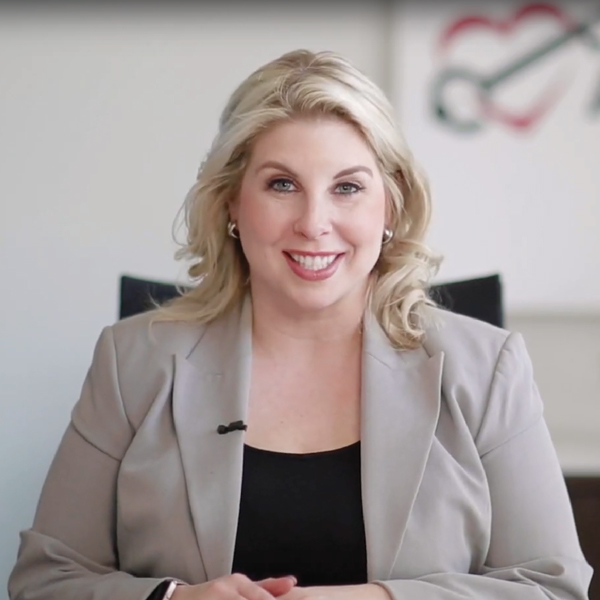Today we’ll take a look at the issue of Regulatory Pressure on Contractors and how it has unfolded. The Health and Human Services –Office of Inspector General (HHS-OIG) was created to protect the integrity of HHS programs and operations and the well-being of beneficiaries by detecting and preventing fraud, waste, and abuse; identifying opportunities to improve program economy, efficiency, and effectiveness; and holding accountable those who do not meet program requirements or who violate Federal health care laws.
The amount of work conducted in each category is set by the purpose limitations in the money appropriated to OIG. OIG’s funding that is directed toward oversight of the Medicare and Medicaid programs constitutes a significant portion of its total funding (approximately 76 percent in 2014).
The HHS-OIG reviews compliance with various aspects of the home health prospective payment system (PPS), including the documentation required in support of the claims paid by Medicare. They determine whether home health claims were paid in accordance with Federal laws and regulations. A prior OIG report found that one in four home health agencies (HHAs) had questionable billing. Further, CMS designated newly enrolling HHAs as high-risk providers, citing their record of fraud, waste, and abuse. Since 2010, nearly $1 billion in improper Medicare payments and fraud has been identified relating to the home health benefit.
In response to its findings, CMS and its contractors have implemented enhanced screening procedures for Medicare providers pursuant to the ACA, § 6401. As part of an effort to prevent fraud, waste, and abuse resulting from vulnerabilities in the Medicare enrollment process, CMS is implementing new authorities that include site visits, fingerprinting, and background checks, as well as an automated provider screening process.
CMS contracts with entities to carry out benefit integrity activities to safeguard Medicare against fraud, waste, and abuse. Activities that these contractors perform include analyzing data to identify aberrant billing patterns, conducting fraud investigations, responding to requests for information from law enforcement, and referring suspected cases of fraud to law enforcement for prosecution. Program Safeguard Contractors (PSCs) and Zone Program Integrity Contractors (ZPICs) carry out benefit integrity activities for Medicare Parts A and B.
OIG has issued several reports regarding the tracking and collection of the overpayments that Medicare’s contractors have made to providers. In response, CMS stated that it has added reporting requirements that would improve overpayment tracking among the claims processors and ZPICs and PSCs. ZPICs and PSCs are required to detect and deter fraud and abuse in Medicare Part A and/or Part B in their jurisdictions. They conduct investigations; refer cases to law enforcement; and take administrative actions, such as referring overpayments to claims processors for collection and return to Medicare.
The forecast for 2017 will be an increase in the CMS-Related Legal & Investigative Activities. OIG’s resolution of civil and administrative health care fraud cases includes litigation of program exclusions and civil monetary penalties (CMPs) and assessments. OIG also negotiates and monitors corporate integrity agreements (CIAs) and issues fraud alerts, advisory bulletins, and advisory opinions. OIG develops regulations within its scope of authority, including safe harbor regulations under the anti-kickback statute, and provides compliance program guidance (CPG). OIG encourages health care providers to promptly self-disclose conduct that violates Federal health care program requirements and provides them a self-disclosure protocol and guidance.
OIG largest body of work involves investigating allegations of fraud, waste, and abuse related to Medicare and Medicaid. This can include billing for services not rendered, medically unnecessary and misrepresented services, and patient harm. OIG’s work also includes the illegal billing, sale, diversion, and off-label marketing of prescription drugs; and solicitation and receipt of kickbacks, including illegal payments to patients for involvement in the fraud scheme and illegal referral arrangements between physicians and medical companies.
In the next blog posting we will take a look at how CMS is beginning to take more of a preventive approach to enforcement.

